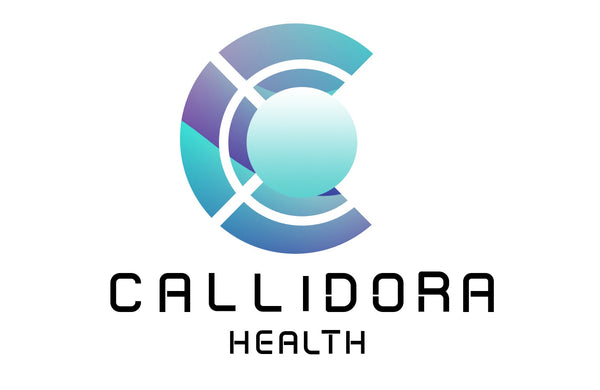Neurological disorders can affect various aspects of a person’s life, from mobility and coordination to cognition and speech. Recovery from neurological conditions, such as stroke, brain injuries, and neurological diseases like Parkinson's, requires specialized care, dedicated therapy, and a personalized treatment plan. Callidora Neurological Rehabilitation stands out as an advanced, holistic approach designed to help patients regain functionality, improve quality of life, and support long-term recovery. In this blog, we’ll explore how Callidora Neurological Rehabilitation is transforming the rehabilitation process and enhancing the lives of those affected by neurological conditions.
Understanding Neurological Rehabilitation
Neurological rehabilitation refers to a set of therapies aimed at improving the function of individuals who have suffered from neurological impairments. It focuses on restoring as much independence as possible, optimizing movement, speech, and cognitive functions. For individuals recovering from stroke, traumatic brain injury, or conditions like multiple sclerosis, rehabilitation is often a crucial part of their recovery journey.
Traditional rehabilitation typically focuses on physical therapy and exercises, but modern neurological rehabilitation requires a more comprehensive approach that incorporates various aspects of healing, including physical, emotional, cognitive, and social well-being.
The Callidora Approach: Personalized and Innovative
Callidora Neurological Rehabilitation takes a unique approach to patient care by combining cutting-edge technology with holistic therapies to provide a personalized treatment plan. This approach focuses on understanding the individual needs of each patient, creating a tailored rehabilitation program that addresses their specific neurological challenges.
-
Comprehensive Assessment
Callidora starts with an in-depth assessment of the patient's neurological condition, health history, and functional abilities. This allows healthcare professionals to design a program that is not only focused on physical recovery but also addresses cognitive, emotional, and psychological needs. Understanding the full spectrum of a patient's abilities and limitations is crucial to providing effective treatment. -
Integrated Therapies
Callidora uses a variety of evidence-based therapies, including physical therapy, speech therapy, occupational therapy, and cognitive therapy. By integrating these therapies, patients can work on multiple aspects of their recovery at the same time. For example, physical therapy helps patients regain movement, while speech therapy works on communication skills, and cognitive therapy aids in memory, attention, and problem-solving. -
Advanced Technology
Callidora incorporates advanced technologies like virtual reality (VR), robotic-assisted therapy, and neuromodulation techniques to enhance rehabilitation outcomes. These technologies are designed to stimulate brain activity, improve motor skills, and promote neural plasticity—the brain's ability to reorganize and form new connections after an injury or damage. These high-tech solutions provide patients with engaging, interactive exercises that accelerate recovery. -
Emotional and Psychological Support
Recovery from neurological impairments often involves emotional and psychological challenges, including anxiety, depression, and frustration. Callidora recognizes the importance of emotional well-being and integrates psychological support into its rehabilitation programs. Offering counseling, support groups, and stress management techniques ensures that patients receive a balanced approach to recovery that nurtures their mental and emotional health. -
Family Involvement
The role of family in the rehabilitation process is critical. Callidora works closely with family members to help them understand the patient's needs and provide the necessary support at home. Family education sessions equip loved ones with the tools to encourage progress, reduce stress, and improve the patient’s overall rehabilitation experience.
Achieving Long-Term Results
The goal of Callidora Neurological Rehabilitation is not just short-term recovery, but long-term improvements in the patient's overall health and quality of life. With a focus on neuroplasticity, motor function, cognitive recovery, and emotional well-being, Callidora ensures that its rehabilitation programs deliver sustainable results.
Patients are empowered to regain independence, improve mobility, and enhance their cognitive abilities, while also managing any emotional or psychological challenges they may face during the recovery process. Callidora's ongoing assessments and personalized adjustments to treatment plans also help ensure continuous progress and adaptation to the patient’s evolving needs.
